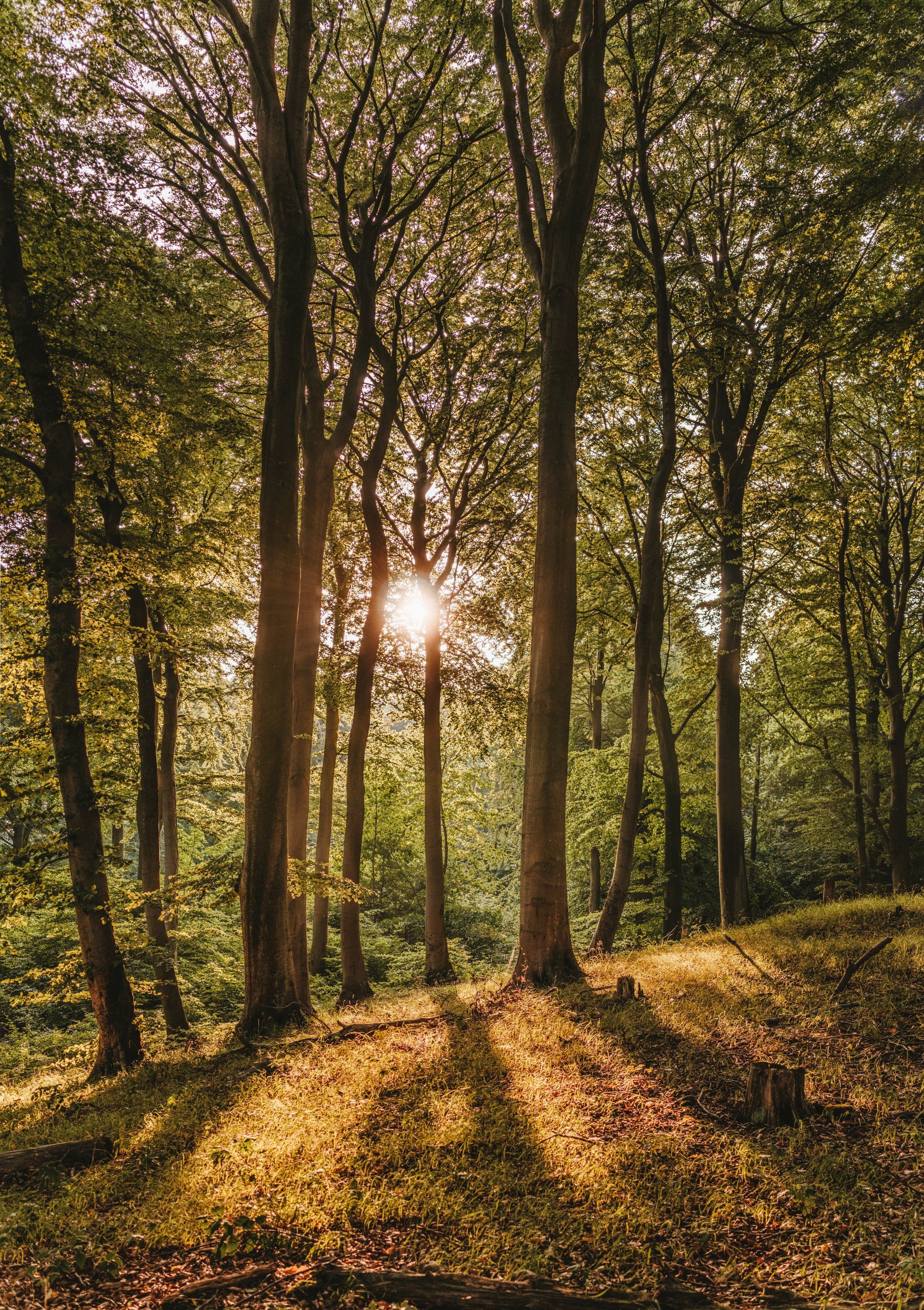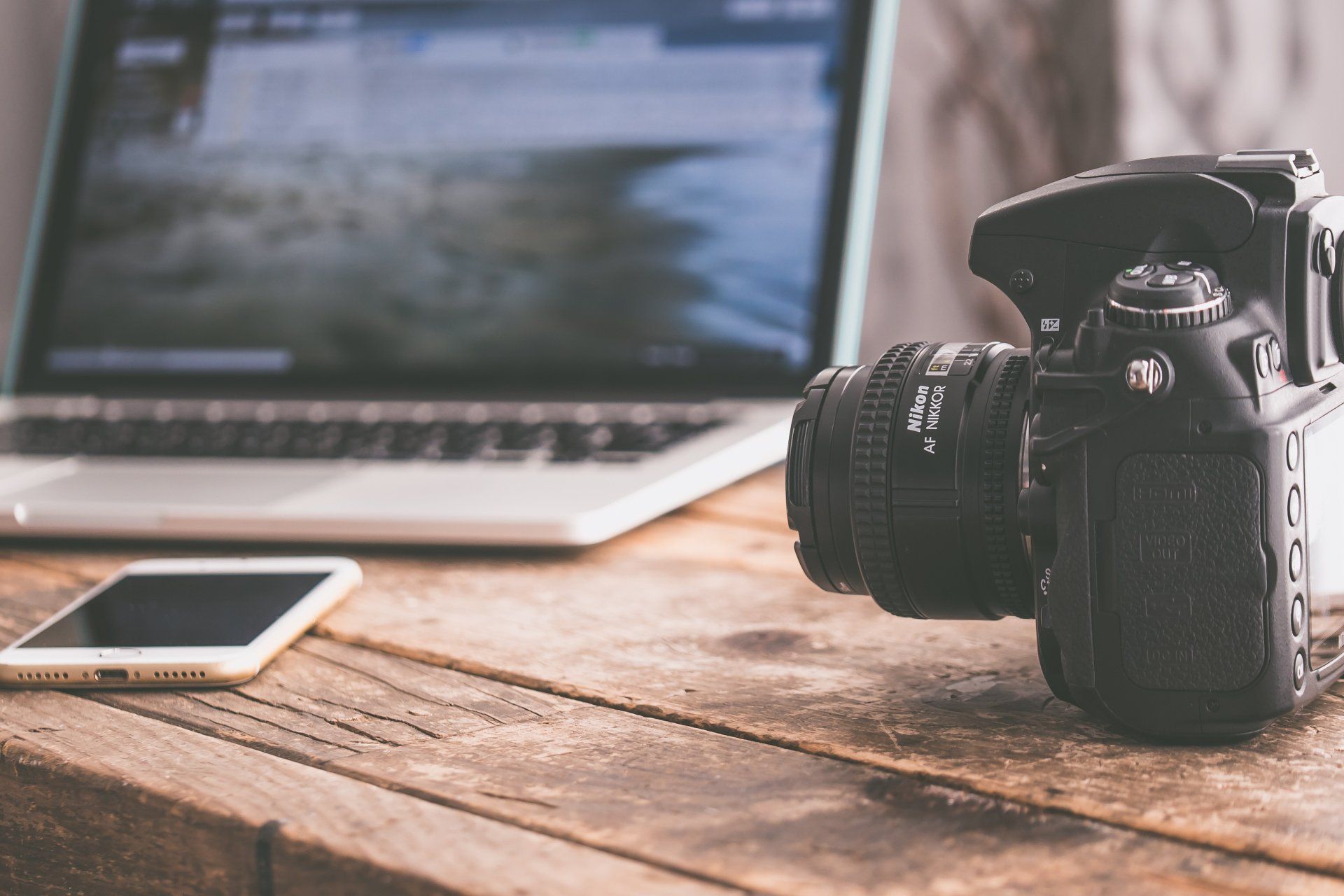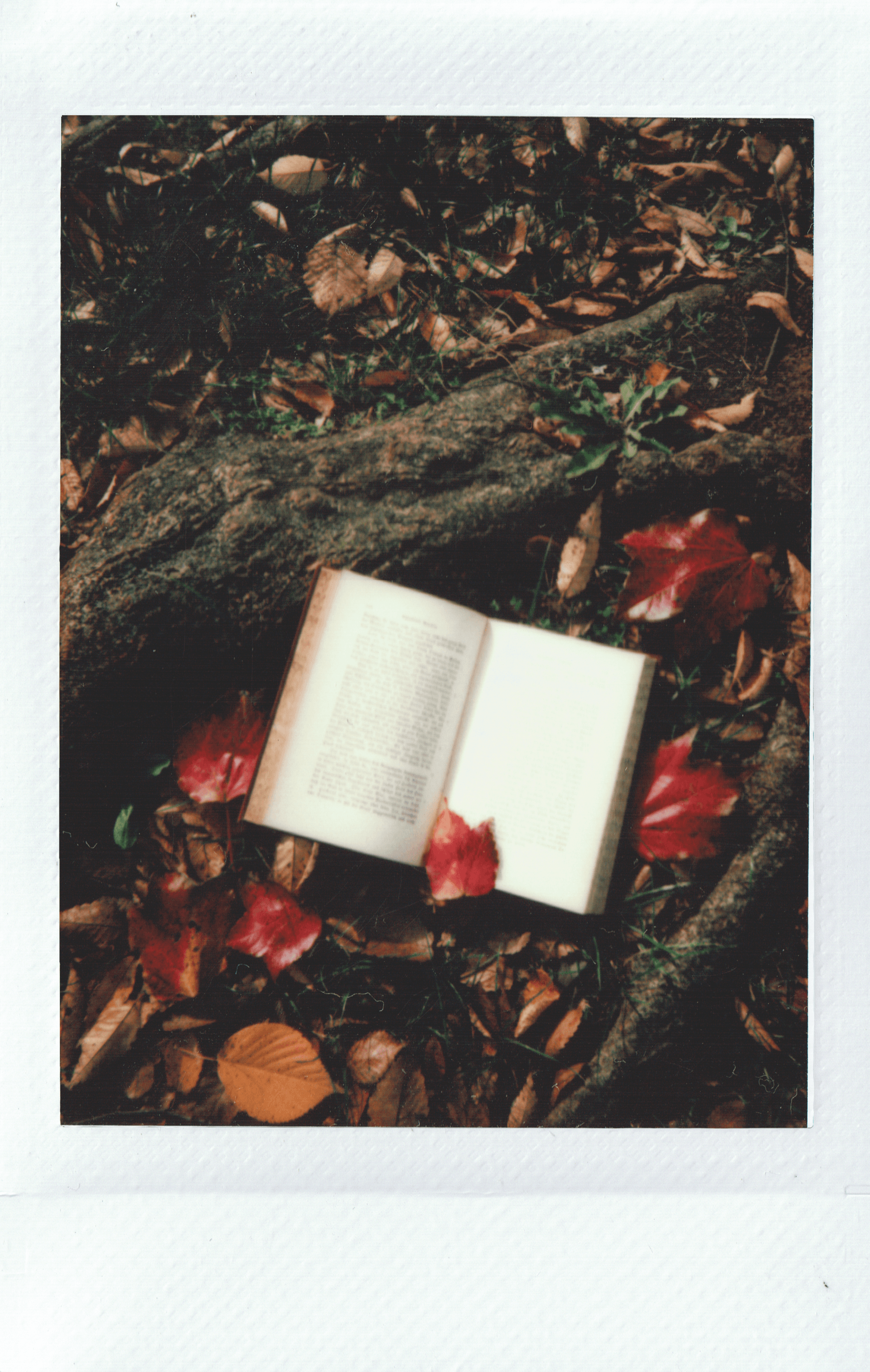Hal Blood Entertains and Informs NEOWA Audience with Zoom Presentation on “Dealing with a Guide”
On Monday evening, March 20, 2023, Hal Blood shared his experiences as a longtime guide, with other members of New England Outdoor Writers Association.
“I’m not much of a tree-stand guy,” explained Hal, who is known for his tracking abilities. “I need to keep moving in the woods. If I sit still, my legs start to twitch, and I find myself wondering what’s over the next rise.
“In the deer woods, I look for signposts – meaning areas where whitetails have left scent for others to find. I’ve noticed that certain trees in the north country – especially brown ash – serve this purpose year after year. All animals mark their territory, and deer are no different.”
Asking the Wrong Question
In addressing what were the best questions to ask a guide you are considering hiring, Hal began by identifying the one question that he believes is the LEAST helpful way to start the conversation:
“What’s your success rate?”
Inevitably, guides who answer that question are more optimistic than the results at the tagging stations reveal; namely, that about 10% of deer hunters tag out, while the registration rate for bear hunters is about 25%. However, most guides will predict success rates of 80% - 90%.
During bear season, Hal’s wife used to set up a chart that hung on the camp wall listing all categories of hunting result, including: 1) number of sightings; 2) whether animals sighted were boars, sows or cubs; 3) number of shots fired; 4) number of animals killed; 5) number of animals missed; and 6) number of animals wounded. By referring to this chart, Hal was able to have an intelligent discussion with potential clients about the level of activity in camp.
He said on occasion, when asked “What’s your success rate?” he was tempted to respond: “That depends – how accurately can you shoot?”
The Right Questions to Ask
Savvy potential customers ask about the qualities that make or break a hunt, such as What are the accommodations? Tell me about the meals? What will your approach to hunting be if the weather deteriorates?
And the questions should go both ways. Hal said his wife was a good interrogator, which was important when hunters inevitably reported that they were in great shape and could walk for miles in the woods. “How old are you?” she would ask. “How much to you weigh? Are you a smoker?” Several hunters reported to Hal that they were relieved to get through the screening process set up by his wife.
Trust your Guide
A guide, said Hal, must combine the skills of a psychologist, a psychiatrist, a marriage counselor and a business consultant. He said icons of industry would ask for his economic advice, and other hunters would reveal deep, personal confidences – flattering to a guide, undoubtedly, since it meant the customer was placing full confidence in the guide’s leadership and skill.
Economics
Hal formerly operated a guide school, and he told the NEOWA audience that he’d advise students they would likely not become wealthy being guides. He could tell some of his students were focused on the revenue part of the guiding equation, and he did his best to reorient their attention to the other aspects of the job.
Nonetheless, money issues are important, so it’s good to have an understanding in advance about the complete costs of the guiding service, up to and including discussing appropriate monetary tips, and whether those tips are retained by individual guides or are “pooled” with others, such as kitchen staff.
Safety
Safety is critical, said Hal, and every orientation focuses heavily on keeping safe in the woods – not only relating to firearms, but also wearing proper clothing for the weather conditions, and what to do if hunters get separated from their guide.
It’s also important for customers to be honest with themselves and their guide concerning their physical condition and limitations. Men especially like to think their conditioning is the same as when they were in their 20s, when in fact their age, stamina and body shapes tell a different story.
If customers are open about their abilities, it makes it easier for the outfitter to match the proper client with the best-suited guide.
Reputation
Hal concluded by making clear that it’s not only guides for whom reputation is important – the same goes for clients. A customer who is abusive or disruptive one year and who calls for a return trip the following year, is likely to be told, “Sorry – we’re all booked.”
*****
All in all, a very enjoyable, informational and instructional presentation by Hal Blood.







